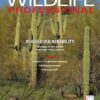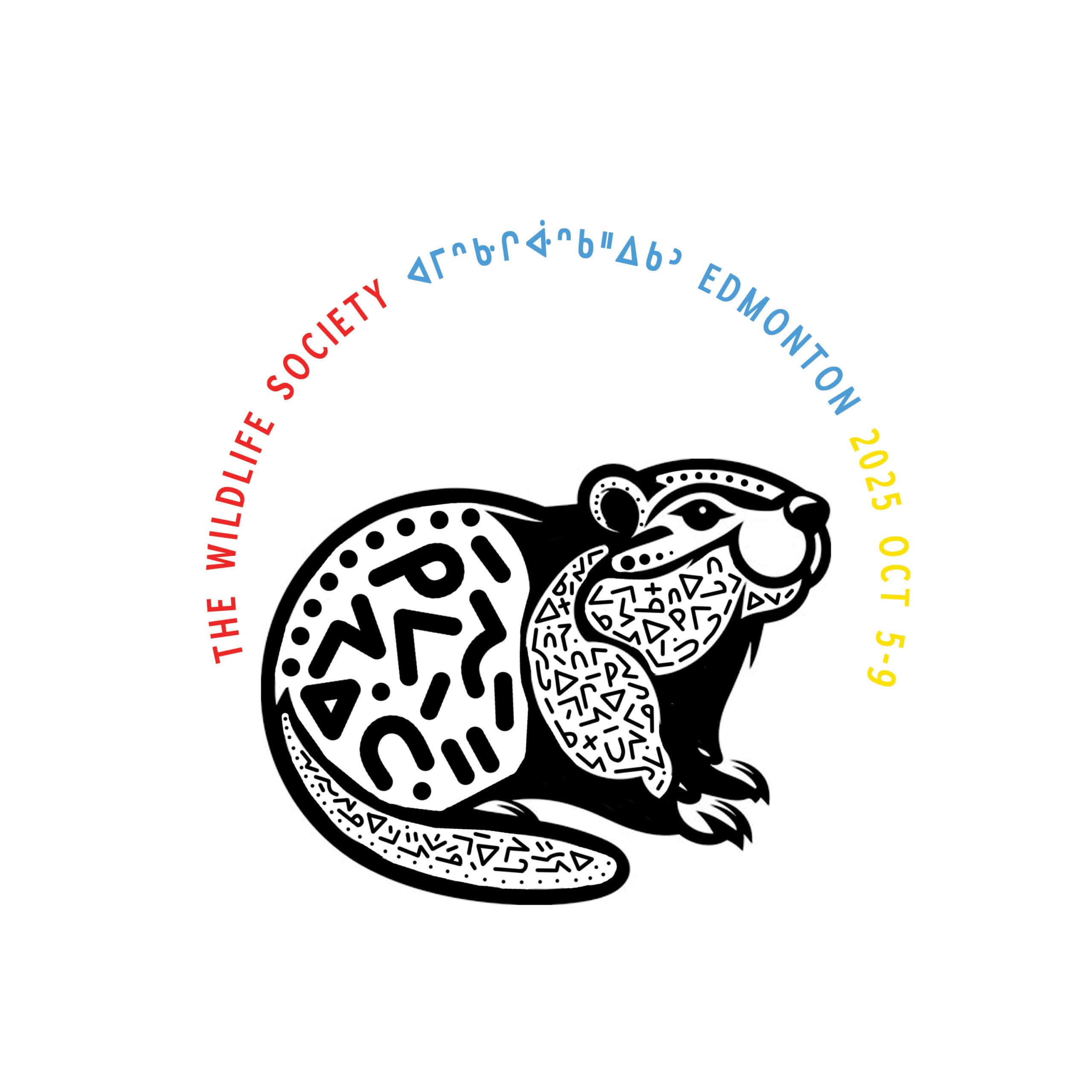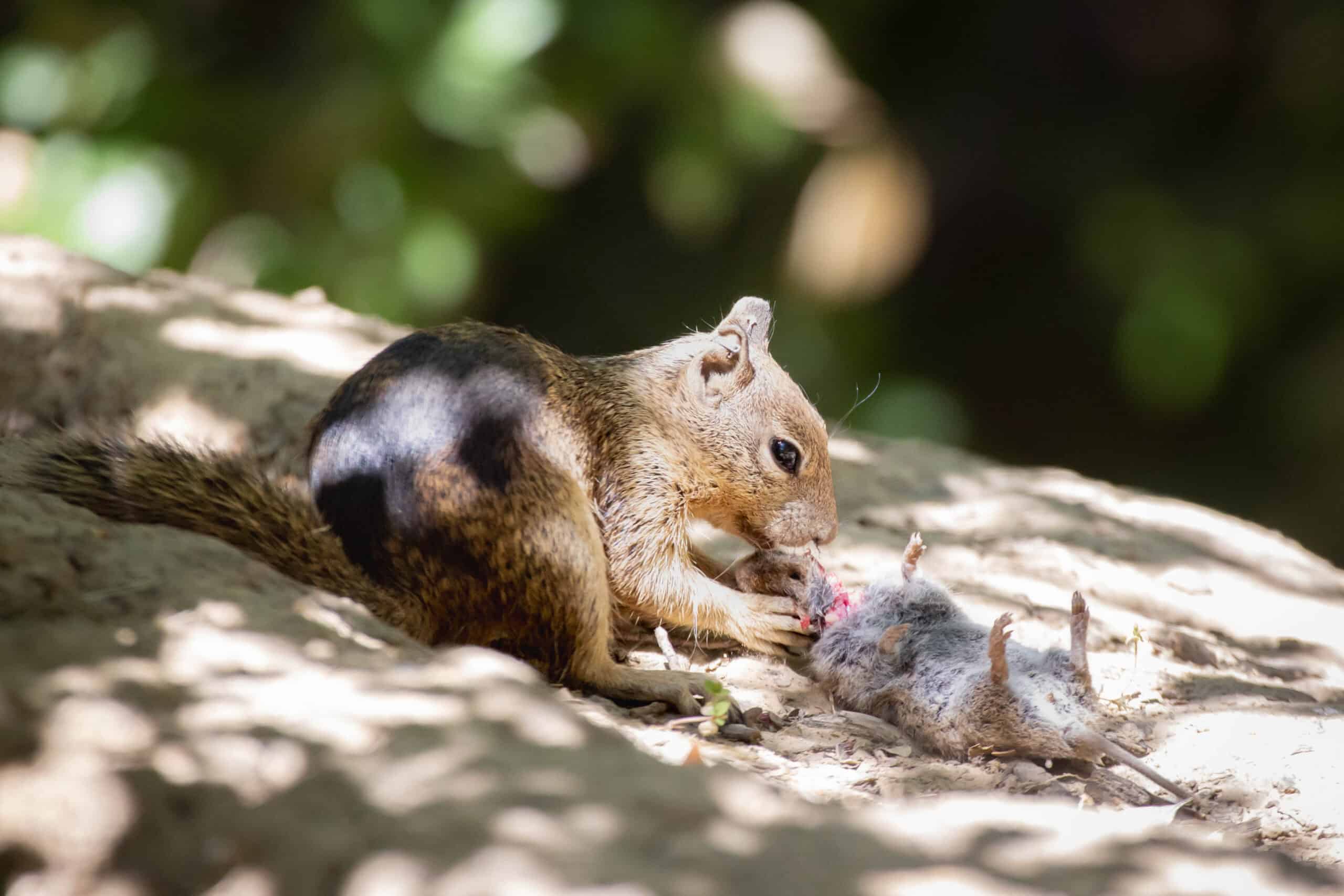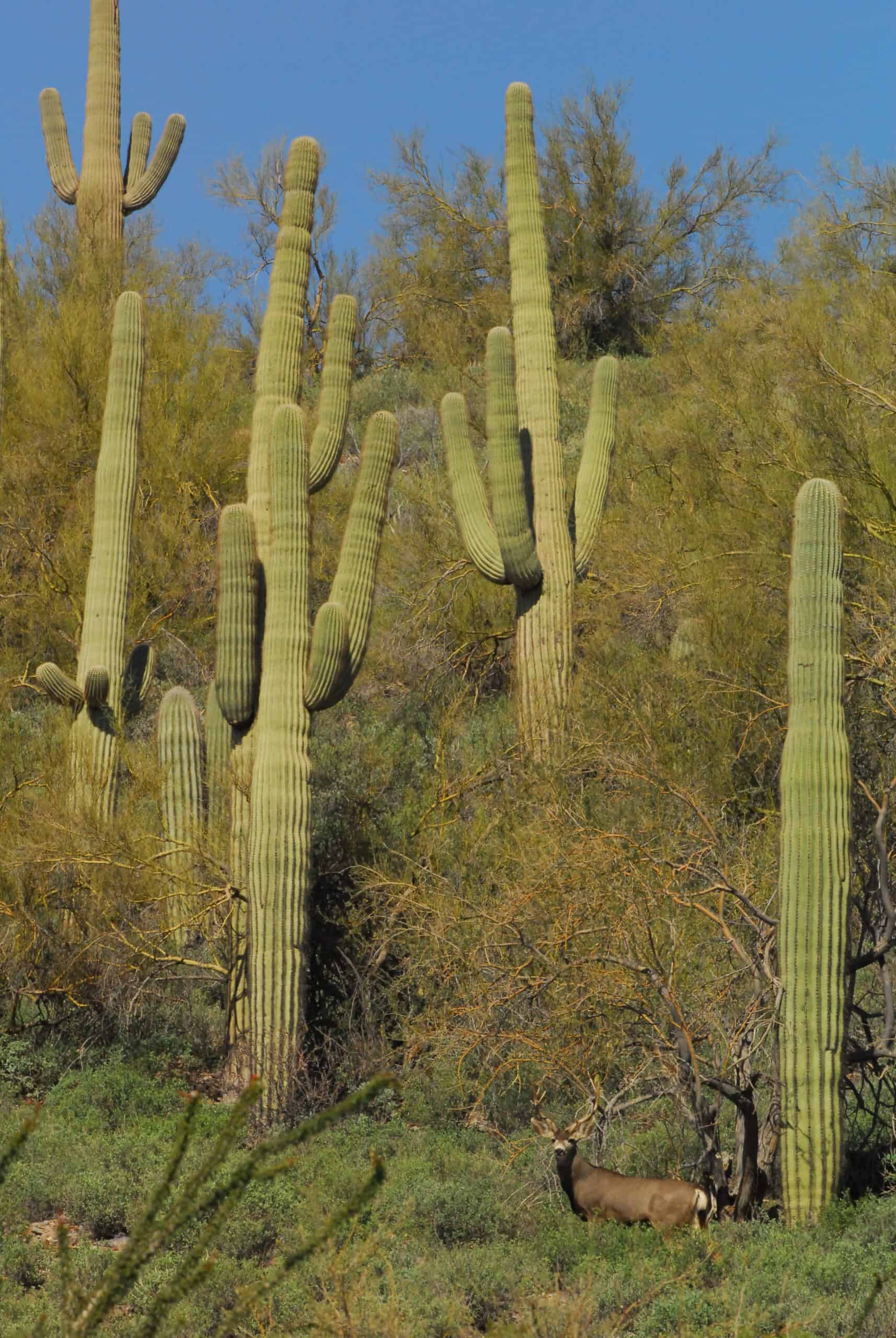Share this article
TWS Issue Statement: Wildlife Killing Contests
Back to Position Statements page
Wildlife killing contests are organized, competitive contests where participants compete for cash or other prizes for killing animals in a specified location during a specific time period. They are conducted on a wide range of species including coyotes, bobcats, foxes, raccoons, crows, wolves, and prairie dogs. Management of these contests by state and provincial wildlife agencies varies widely. Each state or province, even ones adjacent to each other with similar demographics, can have very different regulations and agency approaches. The public at large may often be unaware that these events take place.
When informed about killing contests, a segment of the public, including hunters and groups seeking ethical hunting and humane treatment of wildlife, find these contests offensive. Pictures and disturbing language posted on social media or other electronic communications can further negative perceptions about hunting. Because of controversy around killing contests, some jurisdictions have sought to limit or ban such killing contests. As of 2019, one state legislature has banned killing contests, some state wildlife agencies have banned them, other state agencies require permits or other special conditions to conduct them, and some states currently support killing contests for some species on the basis that removing predators improves prey populations.
Killing contests differ from typical regulated hunting by the very nature of the organized public competition and prizes being given specifically for killing the largest, smallest, or most animals. “Big Buck” pools or organized record books differ from killing contests because the animals recognized in these competitions are harvested consistent with ordinary and generally accepted hunting practices and then introduced to the competition.
Killing contests are viewed in widely different perspectives. Some people view them as making a game of killing animals, thus demonstrating disrespect for and devaluing animals; others view them as a potential management tool to be used to control predators and increase prey populations, or as entertainment without a perceived legitimate use of the harvested animals. In some cases, particularly for predators, justification for the killing contests is often based on flawed use of science. For example, coyote killing contests are often justified on the basis that coyotes kill deer or other game; however, that fails to recognize that predation is a proximal cause of mortality, but not necessarily the ultimate cause that limits a species’ population.
The policy of The Wildlife Society regarding wildlife killing contests:
- Discourages contests that adversely affect the wildlife resource or the public appreciation of wildlife resources.
- Supports that wildlife killed must be put to legitimate uses.
- Opposes all contests that
- intentionally wound animals in a manner that causes excess pain and suffering,
- kill parents resulting in orphaned, dependent young,
- or devalue wildlife by showing disrespectful photos of piles of dead animals.
- Discourage contests that portray hunting in an unethical fashion. If a contest is held, all applicable permitting and hunting regulations must be followed during the contest by all parties involved.
- Support public attitude surveys to determine societal values regarding killing contests and encourage agencies to consider these survey results when managing and regulating killing contests.
- Recognize that there is little evidence to support the use of killing contests for controlling predator populations.
- Recognize that while species killed in contests can be legally killed in most states, making a contest of it may undermine the public’s view of ethical hunting.
The Wildlife Society’s Position Statement on Hunting states that “hunting, when properly regulated following biological principles, is an appropriate means of managing wildlife populations” and “encourage decision makers to weigh the biological, societal, cultural, and economic considerations when making decisions on hunting and the welfare of wildlife.”
The Wildlife Society’s Position Statement on The North American Model of Wildlife Conservation supports and promotes adherence to the seven core components of the model, one of which is “Wildlife Should Only be Killed for a Legitimate Purpose.”
The Wildlife Society’s Position Statement on Conserving Biological Diversity supports and promotes “policies and programs to conserve biological diversity that are biologically, socially, environmentally, and economically valid, effective, and practical; and supports and promotes “efforts to educate decision makers, elected officials, educators, and the general public on the values that biological diversity provides to our society.








